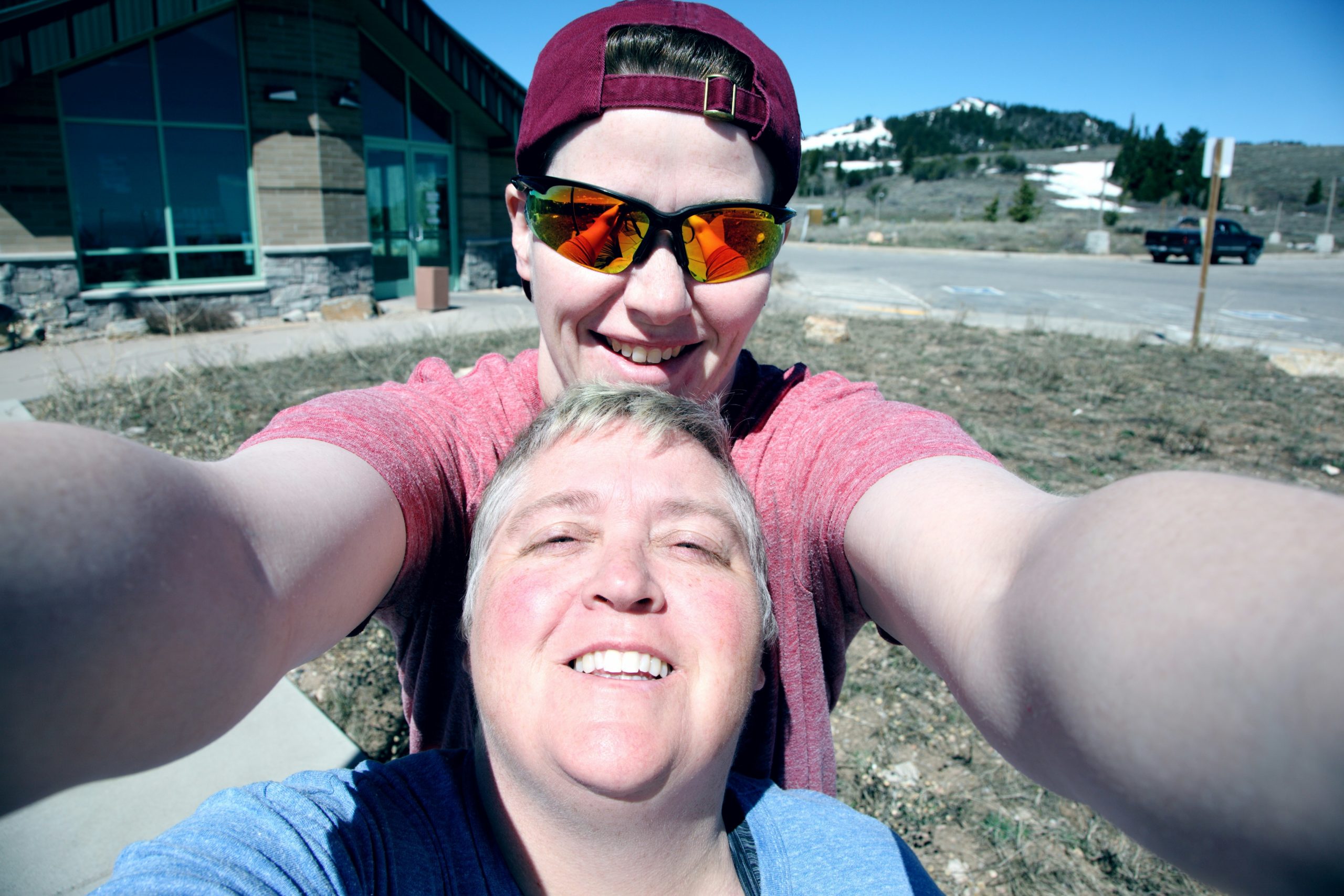Caring for a loved one with dementia can feel like you’re carrying two loads—yours and theirs—while also managing family, friends, and your own mental health. It’s easy to get pulled in a thousand directions, but finding ways to balance your needs with your loved one’s is not only possible, it’s essential. Here are six practical, real-life steps to help you keep things balanced as a dementia caregiver.
1. Accept that the Relationship Has Changed
Let’s be real—dementia changes things, and that includes your relationship. Where you once might’ve been partners-in-crime on an equal footing, the caregiving dynamic means you’re taking on more responsibility. Having honest conversations about these shifts can bring both of you to a place of mutual understanding. Acknowledging this change doesn’t make it easier, but it makes it more manageable. If you haven’t already, talking with a therapist can provide a valuable space to process these changes.
2. Reassess and Adjust Roles
Tasks and responsibilities that were once second nature may now need to be reassigned. Maybe they always mowed the lawn, and now it’s time for you to take over, or maybe you’ll outsource it entirely. Keep talking openly about what each of you can do as things change. Keeping your partner involved, even in small ways, helps them stay engaged and reminds both of you that they’re still contributing. If they can help with meal prep or other light tasks, that’s a win-win for both of you.


3. Resist Taking It All On
Feeling like you have to do everything can be overwhelming, but remember: just because it feels that way doesn’t mean it’s true. Get support where you can and let others pitch in. It’s okay not to be the “savior” of the situation—no one needs you to be a martyr. Allow yourself to lean on others, and remember that sharing the load isn’t a sign of weakness. In fact, it’s a sign of strength and good sense.
4. Find Your People
Isolation is an easy trap, especially if friends or family don’t quite “get it.” Not everyone will understand what it’s like to care for someone with dementia, and that’s okay. Find those who do. Opening up to a support network—whether friends, family, or a caregiver group—can make a huge difference. You don’t have to tell everyone everything, but letting a few trusted people know what’s going on will help you feel less alone and provide much-needed outlets for support.


5. Keep Space for Spousal Connection
It’s essential to separate caregiving from being a spouse. Just because you’re taking on a caregiving role doesn’t mean you’re not also a partner. Carve out time where “caregiver mode” is off, and you’re just spending quality time together. Engage in activities you both enjoy, focus on each other, and let it be about reconnecting. These moments are vital for maintaining the essence of your relationship, even as things change.
6. Prioritize “Me” Time
Taking time for yourself isn’t just a luxury; it’s a necessity. Prevent burnout by planning little breaks, whether that means going for a walk, taking a short nap, or simply asking your partner to give you a quiet hour. If you don’t allow time for self-care, burnout will creep up, and trust me—rebounding from that is much harder than just maintaining some preventative “me” time. Reflect on your limits, set boundaries, and don’t be afraid to make self-care a non-negotiable part of your routine.
Being a caregiver for a loved one with dementia is incredibly challenging, but you don’t have to navigate it alone. Balancing your needs with theirs is tough work, but these six steps can help you keep a sense of equilibrium. And remember, if you’re ever feeling lost or burnt out, reach out! There’s support available to help you brainstorm, strategize, and ultimately find a balance that works for you.
Recent Comments